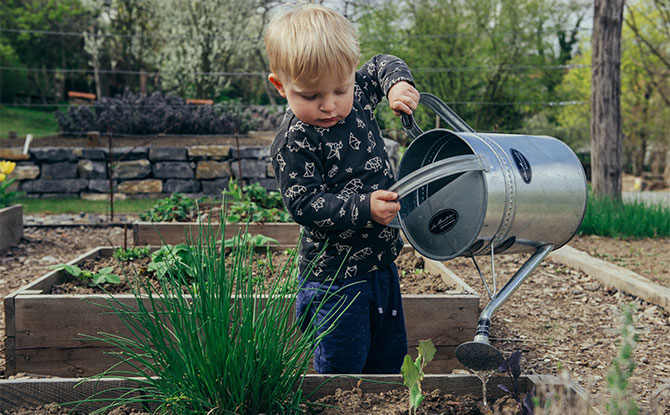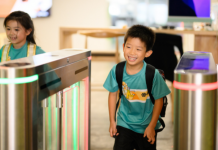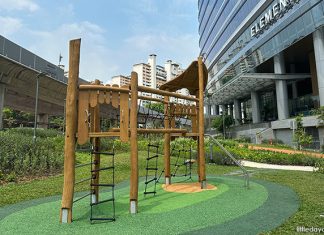
Overparenting might sound like a paradox. Can you actually overparent? Doesn’t parenting already exhaust and test one’s limits, can you actually “overparent”? Dr Madeline Levine, psychologist and author of “The Price of Privilege” and “Teach Your Children Well”, shared some gems about the perils of overparenting and parenting in an increasingly unpredictable world on 1000 Hours Outside podcast.
Coupled with Dr Levine’s sharing, here’s our take on why overparenting can be harmful to our children.
What is Overparenting?
Overparenting is typically known as a micro-management style of parenting. It is often characterised as controlling, constant hovering with packed schedules for their child, emphasis on quantifiable results and a lack of free time. Some might label parents that behave as such as tiger parents or helicopter parents.
Intensive parenting can be very damaging to the child’s mental health. The constant involvement denies the child room to grow, room to make mistakes and thus resulting in the inability to solve bigger problems later on.
Why an Unpredictable World requires less of Overparenting
We learn most from Mistakes & Challenges
Mistakes and failures are opportunities to learn. Firstly, they help us to see what our strengths are. Dr Levine shared about her first job in teaching and realised she was not good in it, that helped her to see her strength in coaching students rather than disciplining them and found her profession in Psychology eventually.
Preventing failures and protecting our children all the time when they fail to make the cut, miss the school team, miss out on a party invitation can be detrimental. It results in teens and young adults unable to take any form of unhappiness, and develop skill sets such as self-regulation and conflict resolution. Every mistake, failure, challenge is an opportunity to learn.
Life is often non-linear
We often think life’s trajectory as linear but it is most often not predictable nor a consistent progression. This is especially true as the world gets more complex. We have emerged from a pandemic, likely headed into a recession with high inflation and increasing numbers of conflicts, polarising perspectives in a divided world. With so many changes and also leaps in technology, jobs today will no longer be the same tomorrow, some even rendered obsolete. Learning should not be limited to the formal schooling years nor stop at higher institutes. Too much emphasis placed on academic grades can stifle a child’s ability to adapt and learn in unpredictable times.
Employers Value “Soft” Skills or Foundational Lifeskills

In the podcast, Dr Levine shared how corporations value “soft skills” over technical expertise. The reason is simple – technical skills can be taught while foundational lifeskills need to be honed over a long period of time. Important lifeskills such as self-regulation, emotion management, conflict resolution, empathy, risk-taking should be nurtured as a child grows rather than an unhealthy fixation on school performance.
It has become incredibly competitive that children often only find their identity in how well they perform. This pattern can contribute to anxiety and depression as childhood anxiety is often the precursor to anxiety in adulthood.
Every Child is Unique
Not every child will be a top scorer, likewise not every top school is suitable for every child. Each child is unique and they should not be pushed to be who they are not. Rather than be parents who pride themselves solely on the achievements of children, we can cheer them on through challenges and guide them in the best environments according to their strengths and personality.
Success cannot be graded
It is often easier to use metrics like grades, trophies and other forms of measurement. Everything else is often uncertain. However, parents should think about what really matters as the children have grown into adults. The 30 years of parenting is like a project and what matters is often their character, who they are, the kind of choices they make and whether they make good parents.
By projecting our fears onto our children and insisting on good grades, we are forgetting about our children’s mental health. Help the children to be optimistic, instead of seeing failure negatively, see it as an opportunity in the life of trial-and-error learning.
Parent Bravely & Rise Up to the Challenge
We might be faced with many unknowns, but we can choose to parent bravely even counter-culturally so that we can nurture optimistic children with the potential to succeed on their own terms. Let’s parent with a good dose of sensibility rather than stifle them and gift the future generation the ability to rise up to any kind of challenges.
Listen to the podcast here.






















